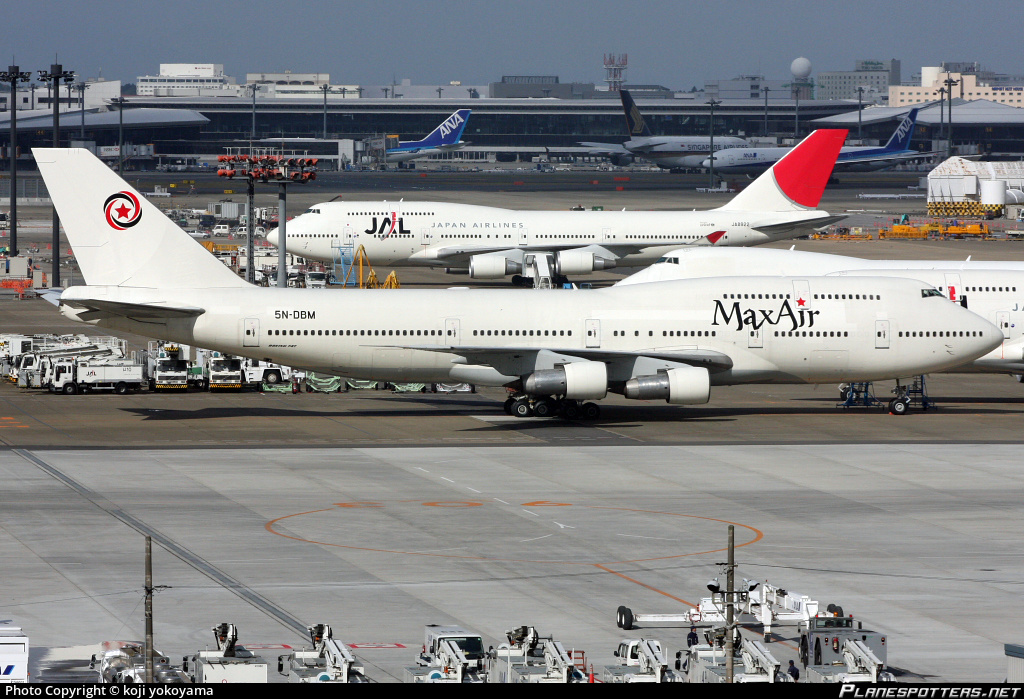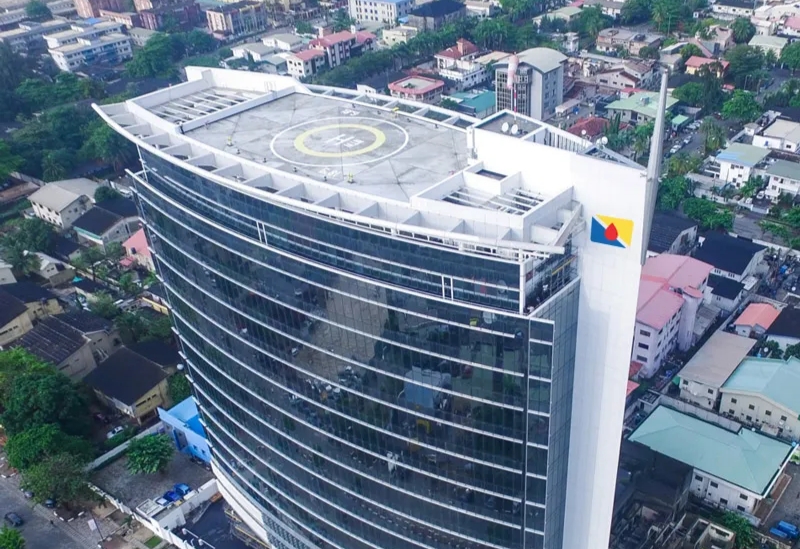…Cites fraud, weak controls, manual overrides
A forensic audit of the National Service Authority (NSA) has revealed shocking financial irregularities, uncovering losses to the state exceeding GH¢2.4 billion.
It, however, stated that the digital platform Information Technology systems, such as CSMP and Metric App, were used at the Authority for posting, although “fit for purpose”, they were manually bypassed by the past executives, confirming The Herald’s position that its change by the Minister for Youth Development and Empowerment, George Opare-Addo, was needless.
The audit, covering the period from 1 January 2018 to 31 December 2024, also found that the Deputy Executive Director, Gifty Oware-Aboagye, was simultaneously enrolled as service personnel alongside 4,556 others, at an irregular cost to the state of GH¢899,350.
Johnson Akuamoah Asiedu, Auditor-General, has since transmitted the report to the Speaker of Parliament, Alban Bagbin.
According to him, the audit was commissioned at the request of the President of the Republic of Ghana, pursuant to Article 187(8) of the 1992 Constitution.
“The audit revealed weak internal controls, deliberate bypasses, and unsupported transactions resulting in total financial irregularities of GH¢2,448,202,404”.
“We have made recommendations to address the irregularities identified in the report”.
The audit became necessary following reports of irregularities at the NSA involving senior officials, particularly concerning manual overrides of automated processes designed to ensure transparency and accountability.
According to the Auditor-General’s Department, “the software was supposed to automate many processes, yet a significant number were carried out manually. For instance, 78 per cent of postings between 2018 and 2024 bypassed automation, while over 65 per cent of enrolments were processed manually. Simply changing the technology will not address these issues.”
The audit specifically reviewed control procedures and transactions related to the enrolment, deployment, validation, and payment of National Service Personnel (NSPs), including the application of Information Technology systems such as CSMP and Metric App.
It also covered validating the NSS payroll and controls within the CSMP system.
The CSMP system was designed with multiple safeguards to ensure accountability, including: three levels of approval for class list uploads; biometric validation at the regional and district levels; seven layers of approval for verified nominal rolls; and System-generated payroll master lists to prevent manipulation.
Despite identifying a few minor technical weaknesses, auditors concluded that the CSMP system is fit for purpose. However, they noted that the NSA “deliberately disregarded or bypassed these controls, sometimes issuing indemnities to GhIPSS to override security features. This systemic disregard was at the core of the irregularities identified.”
The audit report detailed eight major categories of financial irregularities, totalling GH¢2,448,202,404.46 in losses.
These irregularities, mainly caused by weak controls, intentional bypasses, and unsupported transactions across Ezwich and GhanaPay platforms, include: Payments without biometric or monthly validation at GH¢989,032,520.38; Unverified or unsupported payments to volunteers – GH¢40,104,660.18; Unverified or unsupported payments to NSP vendors (MarketPlace) – GH¢301,935,899.82; and Irregular payments exceeding 13 months – GH¢1,017,827,083.99.
Other Irregular deductions not accounted for were GH¢28,537,647.17, Irregular payments to former officials – GH¢8,256,000.00, Payments not found in CSMP database – GH¢7,508,592.92 and Unaccounted banking transactions – GH¢55,000,000.00
The findings point to systemic failures and deliberate circumvention of internal controls, raising serious concerns about governance and accountability at the NSA.
The Auditor-General’s Department emphasised that, while the CSMP system remains robust, its effectiveness was undermined by senior officials’ disregard for established safeguards, which allowed millions of cedis to be disbursed irregularly.
The report also highlighted that the simultaneous enrolment of salaried officials as service personnel not only violated protocol but also contributed significantly to the financial loss.
With losses amounting to billions of cedis, the audit prompts urgent questions about oversight, accountability, and the management of the National Service Scheme. Stakeholders demand immediate remedial actions, including potential legal proceedings against those involved.
The post Forensic audit uncovers GH¢2.4 billion loss at NSA appeared first on The Herald ghana.





